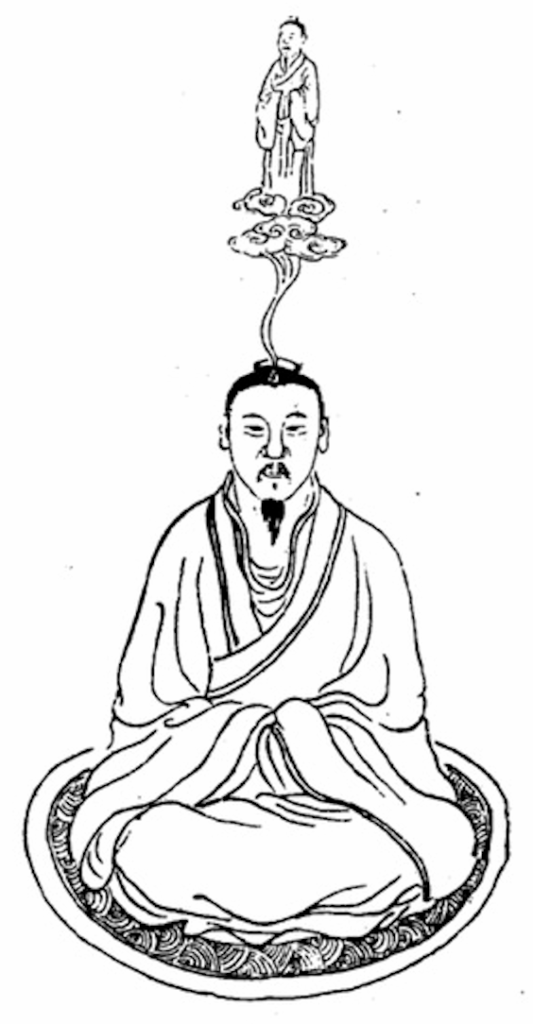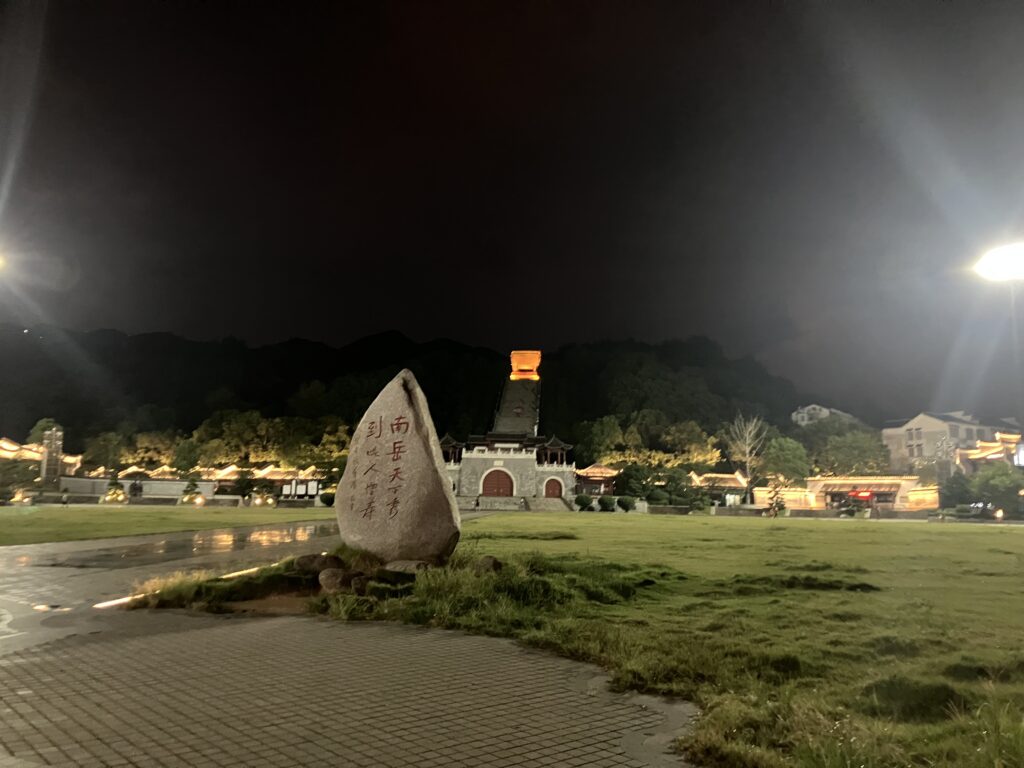Workshop organized by CAS-E Fellow Prof. Fabrizio Pregadio.
This workshop addresses a subject barely explored in Western-language scholarship: the modernization and “scientization” of the Daoist practice of Internal Alchemy (Neidan) in contemporary Taiwan. This process actually started in mainland China around the 1940s but went through major developments in Taiwan, where it continues to the present day.
We plan to explore various topics, including for example:
• The key areas — ranging from doctrinal principles to views of the human body, from specific practices to the relevant technical terminology — where the synthesis of Neidan and science occurs.
• The integration of Western scientific theories into Neidan, and whether there has been an evolution in the foundations of Neidan as it is explained, transmitted, and practiced in Taiwan today.
• The implications of the “scientization” of Neidan. In particular, which aspects of Neidan are articulated using scientific language, and does this make them more comprehensible? Does this lead to a “de-esoterization” of Neidan? Does translating Neidan into scientific terms result in the addition or modification of significant features and/or the neglect of features recognizable in earlier formulations?

Workshop Program
July 10, 2025 (Thursday)
9:00 – 9:30 Welcome addresses and general introduction
9:30 – 10:45 Tian Maoquan 田茂泉, “Chen Yingning‘s Xianxue Theory and Its Value in Contemporary Society”
10:45 – 11:15 Coffee break
11:15 – 12:30 Hsieh Shu-wei 謝世維, “The Zhenshanmei Publishing House and the Modernization and Scientization of Internal Alchemy in Contemporary Taiwan”
12:30 – 14:00 Lunch break
14:00 – 15:15 Lennert Gesterkamp, “Concepts of Science and Modernity in the Fangdao yulu (Record of Inquiries about the Dao)”
15:15 – 15:45 Coffee break
15:45 – 17:00 Elena Valussi, TBA
July 11, 2025 (Friday)
9:30 – 10:45 Fabrizio Pregadio, “Daoist Internal Alchemy and Science in Taiwan: Insights from Fieldwork”
10:45 – 11:15 Coffee break
11:15 – 12:30 Ilia Mozias, “The Scientification of Internal Alchemy from the Perspective of the Western School”
12:30 – 14:00 Lunch break
14:00 – 15:15 Hsiao Chin-ming 蕭進銘, “Integrating Alchemy and Modern Science and Technology: The Ancient Taoist Hall (Gu daotang) and the Yellow Dragon Alchemical Academy (Huanglong daoyuan) in Taiwan”
15:15 – 15:45 Coffee break
15:45 – 17:00 Wu Suzhen 吳素真, “Exploring Human and Cosmic Harmony: A Scientific Perspective on the Yuanmen Taichi Zhoutian Circulation Method”
17:00 – 17:30 Final discussion and conclusion
Workshop Participants
- Dr. Lennert GESTERKAMP (former Research Fellow, CAS-E)
lgesterkamp@hotmail.com
“Concepts of Science and Modernity in the Fangdao yulu (Record of Inquiries about
the Dao)”
- Prof. HSIAO Chin-ming 蕭進銘 (Zhenli University, Taipei, Taiwan)
ayinhsiao@yahoo.com.tw
“Integrating Alchemy and Modern Science and Technology: The Ancient Taoist Hall
(Gu daotang) and the Yellow Dragon Alchemical Academy (Huanglong daoyuan) in
Taiwan”
- Prof. HSIEH Shu-wei 謝世維 (Chengchi University, Taipei, Taiwan)
hsiehben@hotmail.com
“The Zhenshanmei Publishing House and the Modernization and Scientization of
Internal Alchemy in Contemporary Taiwan”
- Dr. Ilia MOZIAS (former Research Fellow, CAS-E)
imozias@gmail.com
“The Scientification of Internal Alchemy from the Perspective of the Western School”
- Prof. Fabrizio PREGADIO (Research Fellow, CAS-E)
fabrizio.pregadio@fau.de
“Daoist Internal Alchemy and Science in Taiwan: Insights from Fieldwork”
- Dr. TIAN Maoquan 田茂泉 (Ludong University, Shandong, China)
tianmaoquan@yeah.net
“Chen Yingning’s Xianxue Theory and Its Value in Contemporary Society”
- Prof. Elena VALUSSI (Loyola University, Chicago, USA)
evalussi@luc.edu
[Title TBA]
- Prof. WU Suzhen 吳素真 (Foguang University, Jiaoxi, Taiwan)
scwu@mail.fgu.edu.tw
“Exploring Human and Cosmic Harmony: A Scientific Perspective on the Yuanmen
Taichi Zhoutian Circulation Method”
Photocredit: The egress of the Spirit (chushen). From Xingming guizhi (Principles of the Conjoined Cultivation of Nature and Existence), first published ca. 1615.








